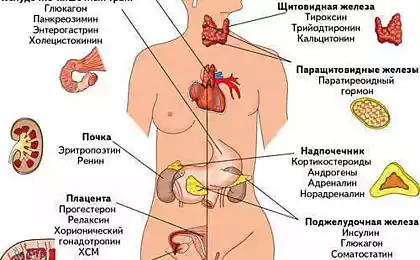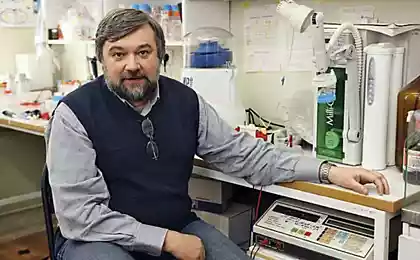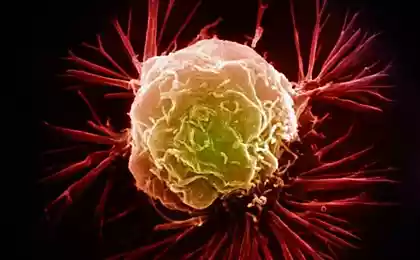393
Antibacterial agent triclosan breast cancer

According to a recent study published in the journal Chemical Research chemicals such as triclosan and op are associated with the growth of cancer cells of the breast. Triclosan is an antibacterial and antifungal components, which can be found in numerous well-known household products. The op is a commercial solvent that can be found in paints and plastics, and is often used as an inert ingredient.
The researchers conducted tests in vitro on human cancer breast cells in Petri dishes, and test in vivo through tissue transplants in mice.
"Although the doses of these substances that Deplete the endocrine system was somewhat high, we did this to simulate the effects of daily exposure, as well as their accumulation in the body through prolonged exposure," said Ken Chul Choi, Ph. D., co-author of the study.

The results of the study found that both ingredients triclosan and op has spurred the growth of breast cancer. Mice exposed to the chemicals received large and dense tumor breast cancer compared to the control group.
"Thus, exposure to these substances can significantly increase the risk of breast cancer development and adversely affect human health", the researchers said.
In addition to cancer, recent studies have linked these chemicals with lower sperm count, increased risk of endometriosis, and disruption of the work of the heart valves in fish.
The triclosan story begins in 1978, when he was "not generally recognized as safe and effective" Standards of the United States. This was due to the lack of scientific research. Although many major manufacturers, including Johnson & Johnson and Proctor and Gamble, has already announced its intention to eliminate triclosan from its products, it still remains widespread in a number of consumer goods.
Society for consumer protection United States tries to introduce new requirements for manufacturers of antibacterial detergents, but they will probably come into effect in 2016. Beyond Pesticides is now actively collecting signatures from the public to complete cessation of the use of triclosan.
Source: rodovid.me























